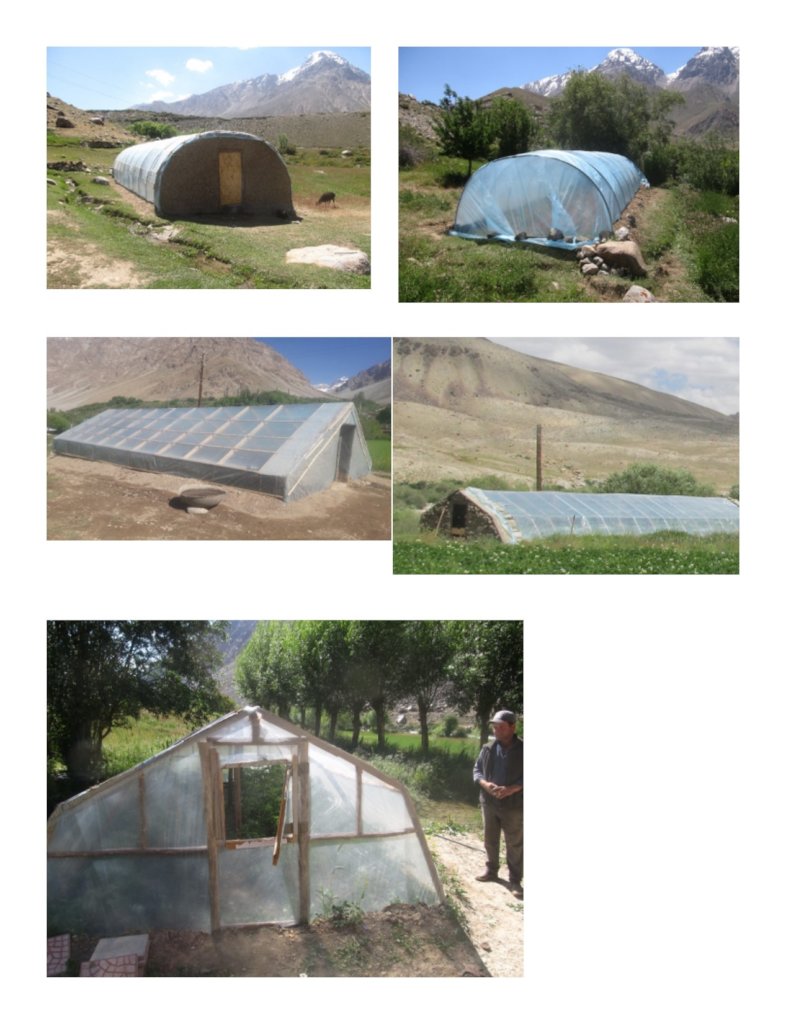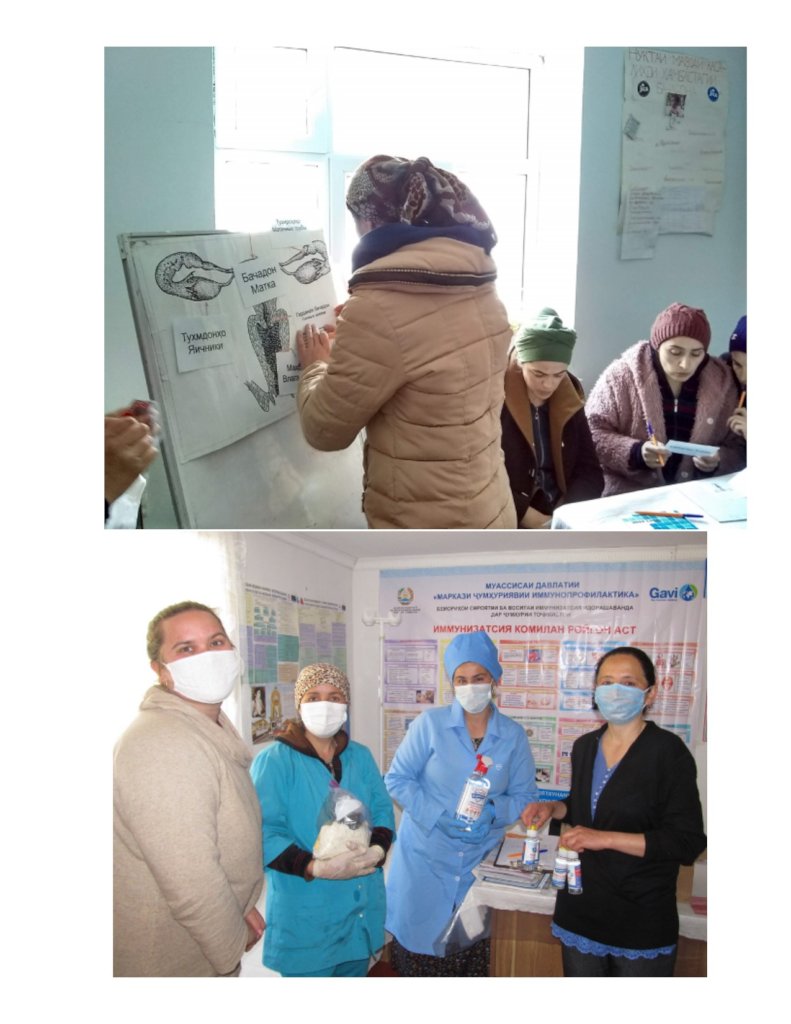By Victor Herron | Branch Director
Twenty-twenty has brought to light the deep need of a systematic change. No country has remained aloof of the challenges of COVID and its repercussions of food insecurity and governance. Trainings don’t happen in quarantine and limited travel prevent access to our remote villages. But it is in these crisis moments that we have an opportunity to provide a felt need in a needy time.
Myth-busting
Munira is a nurse working in a village clinic. One day, she wasn’t feeling well and was checked by the doctor. She had bleeding after an IUD replacement and stayed in the hospital for a few days. This happened just after her participation in our anemia lesson. Anemia is very common for women in this region.In the same hospital, another woman was there being treated with anemia. She had come to the hospital from the upper regions of the Pamirs. Doctors prescribed both women medicines and gave them advice to eat foods containing iron. The doctors said to eat fruits and vegetables including nuts, beetroot, apples and beans. When the doctor left the room, the woman from the higher village said that where she lives, she couldn’t find these foods.Then, Munira gave her some advice: yes, beetroot is also good for treating anemia, but she shouldn’t eat it because even one to two kilograms of beetroot every day will not have enough iron to really raise her levels. However, the village where she lives they have lots of livestock (sheep and cows). Munira suggested she should eat the liver, meat, or kidney.After two weeks the woman called Munira and said that she is feeling a lot better now and thanked her for this useful advice. Now Munira, empowered that our lessons work, is advising all the women who come to her clinic.
Development must continue
In a year where the upper villages had snow on June 30th, there is a need of greenhouses. Change must be dealt with control or we will suffer consequences. So how do we combat climate change, we have climate control—control that is provided by greenhouses. This year, through your generosity, we were able to build two different greenhouses in the same village, bringing the total to four distinct greenhouses in the village. One may ask that why the same village in a place of such great need? The answer is comparability: Mountainous regions have microclimates that greatly influence each greenhouse site. In the town of our office, snow can last on the north facing ‘shadow’ side for months whereas on the south facing ‘sunny’ side for merely a week. However, our new design (top two in the photos) has encouraged one of our long-standing partners to change his very productive design to a new design that would let more light in.
Global Generosity:
COVID has challenged every government and certain resources, particularly antiseptic, alcoholic spray, masks, etc. have become very hard to find. The law of supply and demand warrants that suddenly what was accessible is no accessible to poorer governments and people. Through the crisis, we have been able to help our local village clinics in distributing needed masks and antiseptic spray.
The Next generation:
Naseem is our greenhouse caretaker in a village 60 km from our office. As he has worked in the greenhouse, he has grown in competence and skill. However, to our delight his son took our design and built a private one for their family. The caretaker’s son has become the next generation of greenhouse caretakers.
Project reports on GlobalGiving are posted directly to globalgiving.org by Project Leaders as they are completed, generally every 3-4 months. To protect the integrity of these documents, GlobalGiving does not alter them; therefore you may find some language or formatting issues.
If you donate to this project or have donated to this project, you can receive an email when this project posts a report. You can also subscribe for reports without donating.

